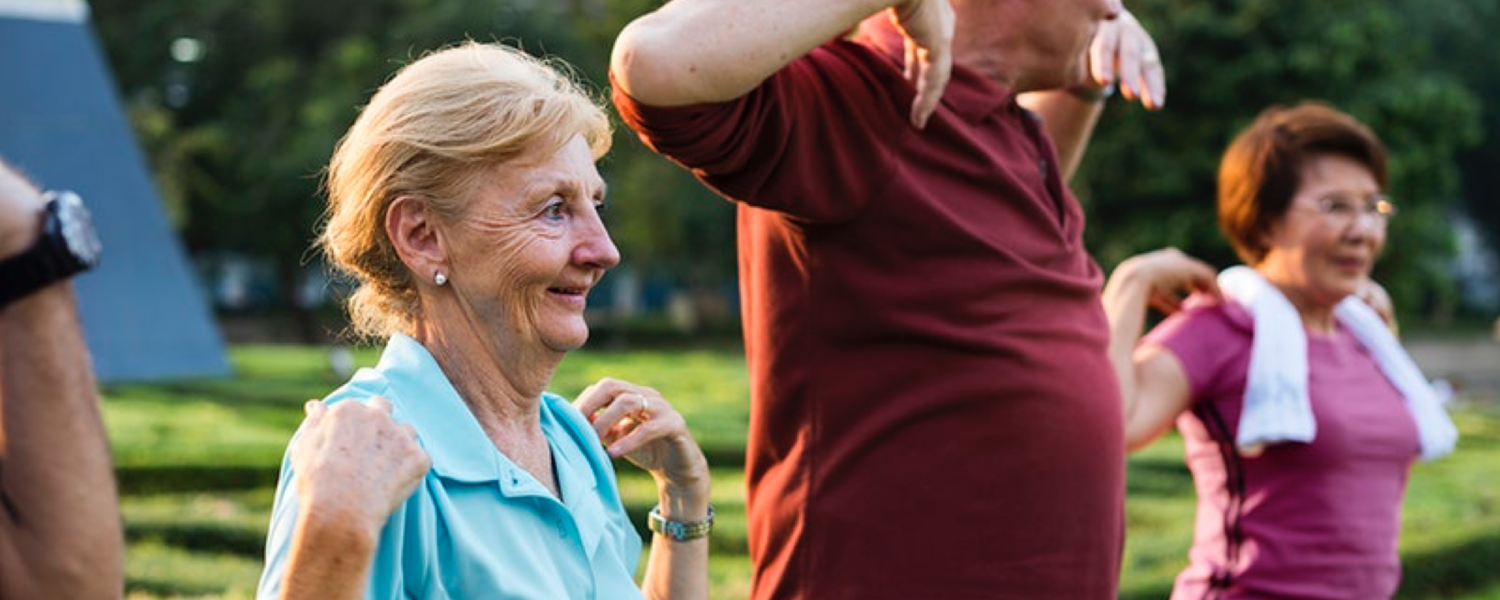
Research
Older Adults
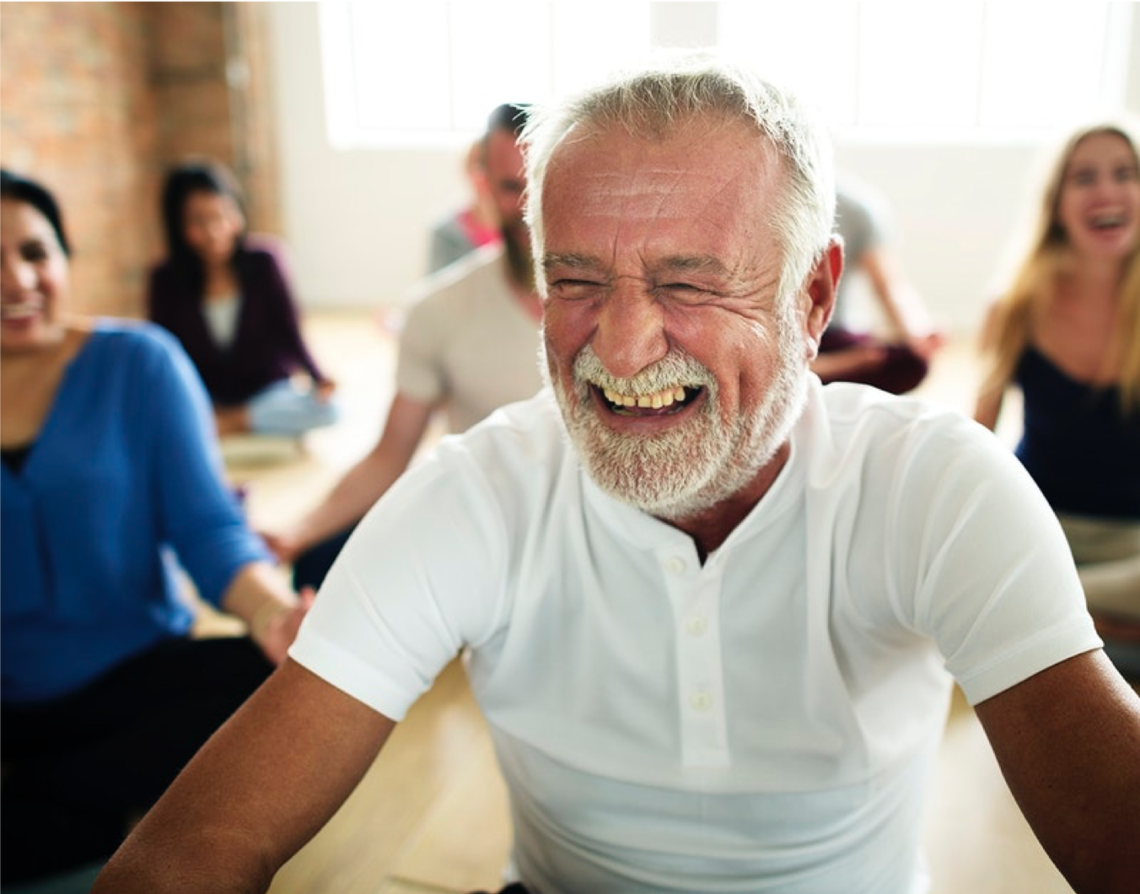
Physical activity and social connections are both important for health and well-being as we age. But physical activity levels tend to decline with age, and social isolation has been identified as a top concern for many older adults. Our research is examining both how social support can enable people to maintain an active lifestyle as they age, and how physical activity contexts can be a source of social connection. Current projects include systematic reviews of both the quantitative and qualitative literature on the association between social support and physical activity for older adults. In another project, we are examining how various social support concepts predict physical activity among older adults in Canada using data from the Canadian Longitudinal Study on Aging. We are also conducting a qualitative investigation of supportive behaviours that older adults experience as enabling physical activity, with a sub-study focused on the social needs and barriers of older adults living alone. We work closely with The City of Calgary on many of our projects on aging and physical activity, including a study examining assessing social outcomes in physical activity programming for older adults, and how physical activity contributes to age-friendly communities.
People Living with Cancer
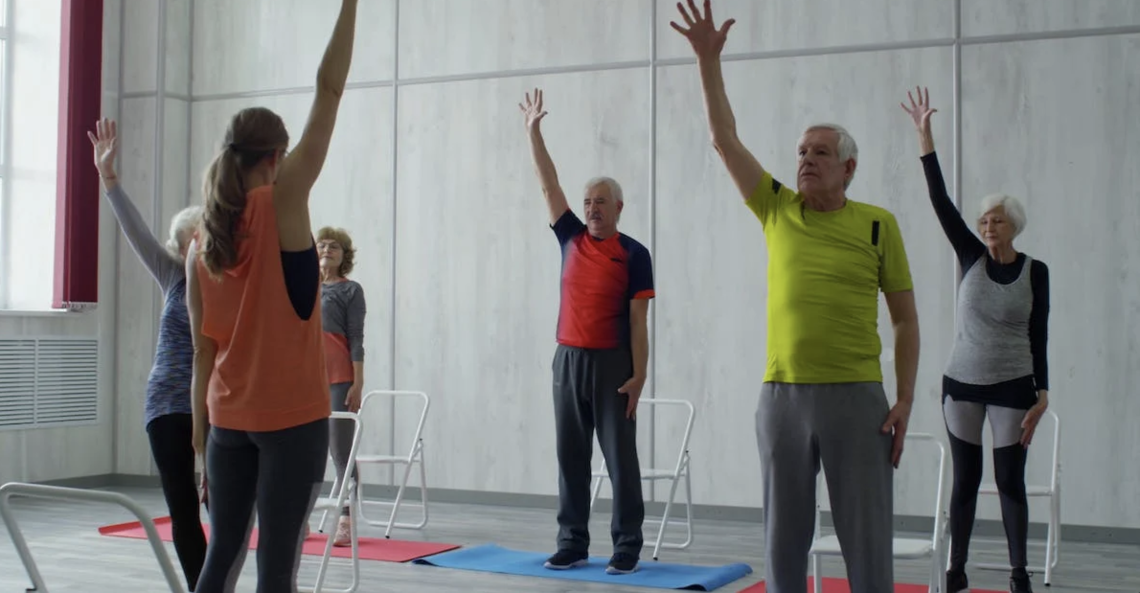
Physical activity plays an important role in improving and maintaining quality of life when coping with cancer diagnosis and treatment. And participating in physical activity programs with other people who have also been through the cancer experience can be a source of social support. We have conducted studies examining support in the context of people living with breast cancer dragon boating teams, group exercise for people with a variety of cancer diagnoses, and naturally occurring physical activity in people living with and beyond cancer. We have conducted systematic reviews of both the quantitative and qualitative literature on the association between social support and physical activity for people living with cancer. In collaboration with Dr. Nicole Culos-Reed’s Health and Wellness Lab and the Thrive Centre, we are currently examining social support experiences in group exercise, and associations between support, physical activity behaviour, and well-being in exercise environments.
Parkinson's Disease
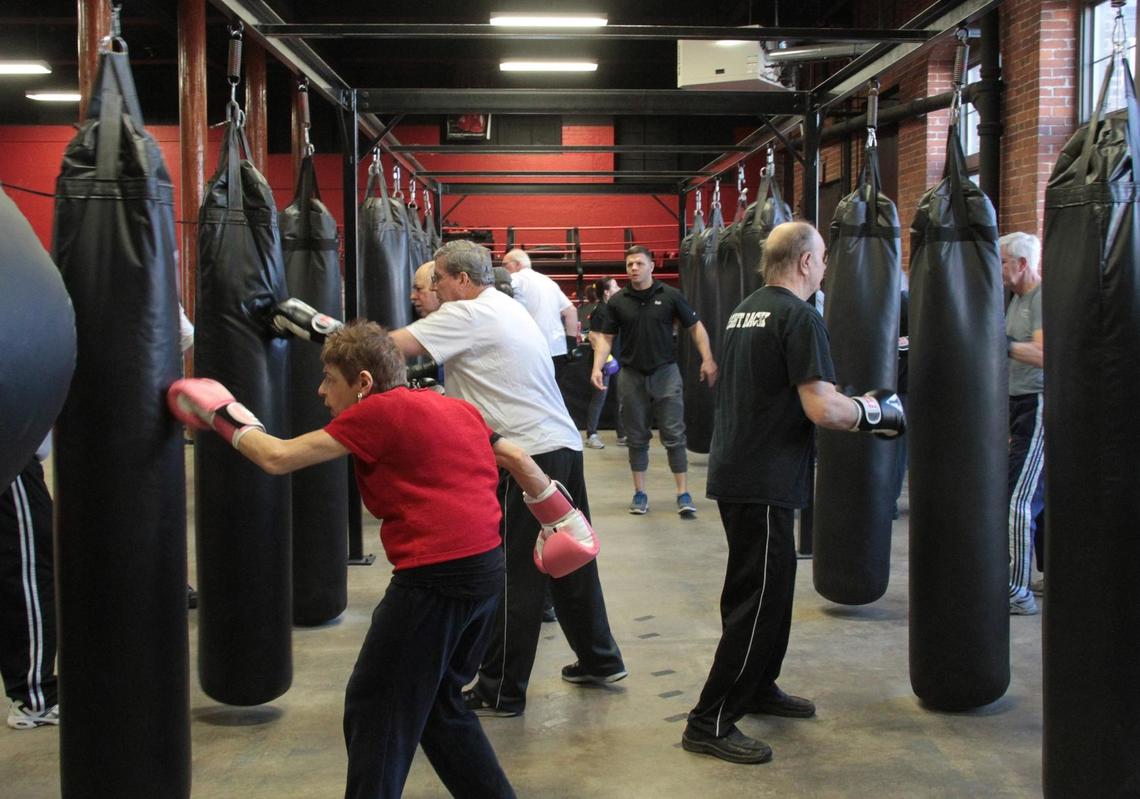
Physical activity can help improve several motor and non-motor symptoms of Parkinson’s disease, and exercise programs for people with Parkinson’s can be a source of support for coping with living with the disease. We have worked on projects examining psychosocial experiences in non-contact boxing-based exercise programs designed for people with Parkinson’s. We have collaborated on research examining the effects of movement interventions to improve speech, mobility, cognition, and quality of life in this population. In collaboration with Dr. Sarah Kenny, we are currently examining dance programs for this population.
Youth
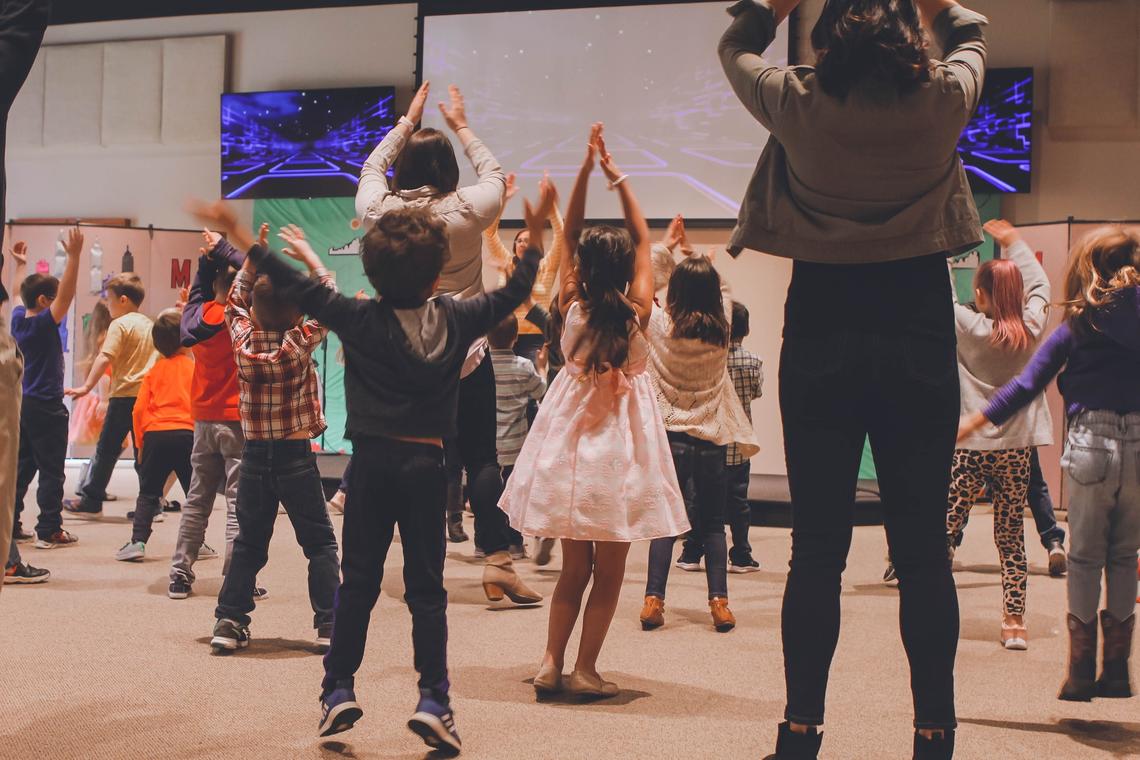
Positive social connections are a basic human need, and it is important for children and adolescents to have positive relationships with peers and adults who they can trust as they grow and develop. We are interested in social interactions that occur in physical activity-based recreation contexts, and how they can contribute to positive youth development. We have examined the role of relationships with peers and staff in physical activity-based programs for low-income youth. Currently, we are collaborating with colleagues across several faculties on a mixed methods project examining the playground built environment, social interactions, and children’s physical activity behavior. We have also conducted research with Calgary Afterschool examining emotional safety among youth.
